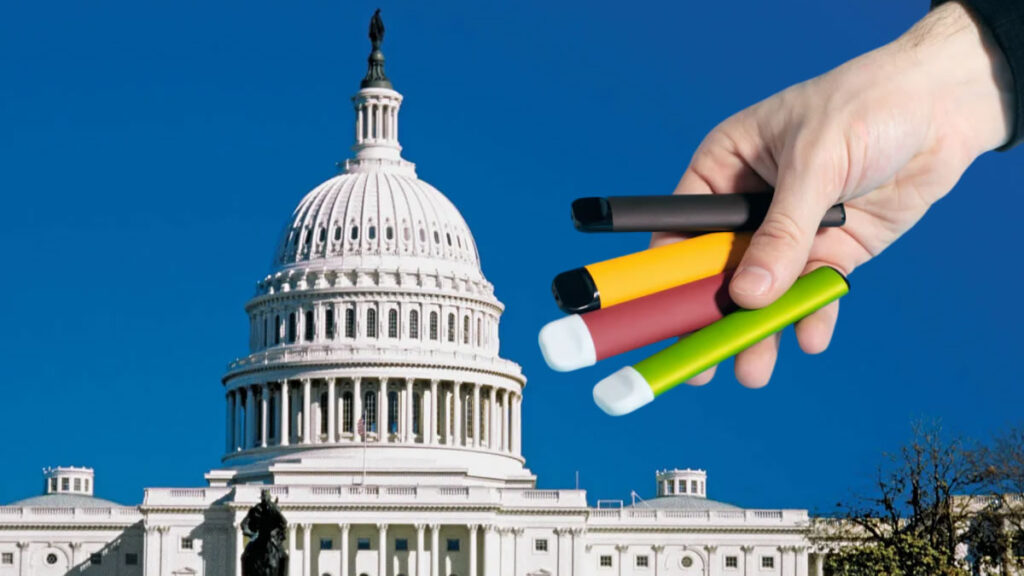Democratic lawmakers in Washington have launched a new effort to ban flavored tobacco products, including electronic cigarettes (vapes), menthol cigarettes, and nicotine pouches like Zyn. The proposed legislation, House Bill 1203, also targets "entertainment vapor products" that incorporate video games or music.
State Rep. Kristine Reeves (D-Federal Way) filed the bill in the House on Wednesday, with State Sen. T'wina Nobles (D-University Place) set to sponsor the Senate version. The ban, if passed, would take effect on January 1, 2026.
Advocates Cite Concerns Over Youth Vaping Epidemic
Supporters of the ban, including Superintendent of Public Instruction Chris Reykdal, argue that flavored products are fueling a dangerous trend of youth vaping. "The prevalence of flavored products is bringing way too many young people into very dangerous behaviors for themselves," Reykdal said during a press conference. "I've said before that these industries are, quite frankly, trying to create customers for life."
The 2023 Washington Healthy Youth Survey found that 29% of 12th graders had tried e-cigarettes, compared to just 17.5% who had smoked traditional cigarettes. Nationally, students who use e-cigarettes overwhelmingly prefer flavored options, with fruit flavors being the most popular, according to the Food and Drug Administration.
Rep. Reeves, a mother of two, emphasized the importance of protecting all children from the dangers of flavored tobacco products. She shared a personal story about her mother, who started smoking menthol cigarettes at age 9 and later died of lung cancer at 60.
Industry Groups Criticize Ban as Misguided
However, critics of the proposed ban argue that it would have unintended consequences. Tony Abboud, executive director of the Vapor Technology Association, an e-cigarette trade group, stated, "This will hurt public health, there's no question about it."
Opponents of the ban contend that it would lead to a significant loss of tax revenue for the state and could drive consumers back to traditional cigarettes as they seek alternatives. They also argue that the ban would eliminate a harm reduction option for smokers who have turned to e-cigarettes to quit.
Abboud pointed to recent data from the Centers for Disease Control and Prevention showing that tobacco use among middle and high school students had dropped to its lowest level in 25 years. He characterized the flavored vaping ban as a "solution that's in search of a problem."
Other States Implement Similar Measures
Washington is not alone in its efforts to curb flavored tobacco products. Six states – California, Massachusetts, New Jersey, New York, Rhode Island, and Utah – have already implemented restrictions on the sale of flavored tobacco products to varying degrees. Some states make exceptions for menthol-flavored e-cigarettes.
Oregon is also set to debate a similar measure this year, according to Susan O'Brien of the Campaign for Tobacco-Free Kids.
As the debate over flavored vaping continues, lawmakers in Washington and across the nation will need to weigh the potential public health benefits against the concerns raised by the vaping industry and the potential unintended consequences of such bans.
Meet Nick Schager, the co-founder of our vaping website. With a solid foundation of over 10 years in the industry, Nick brings an unparalleled depth of knowledge, having an extensive understanding of more than 1000 vaping products.




